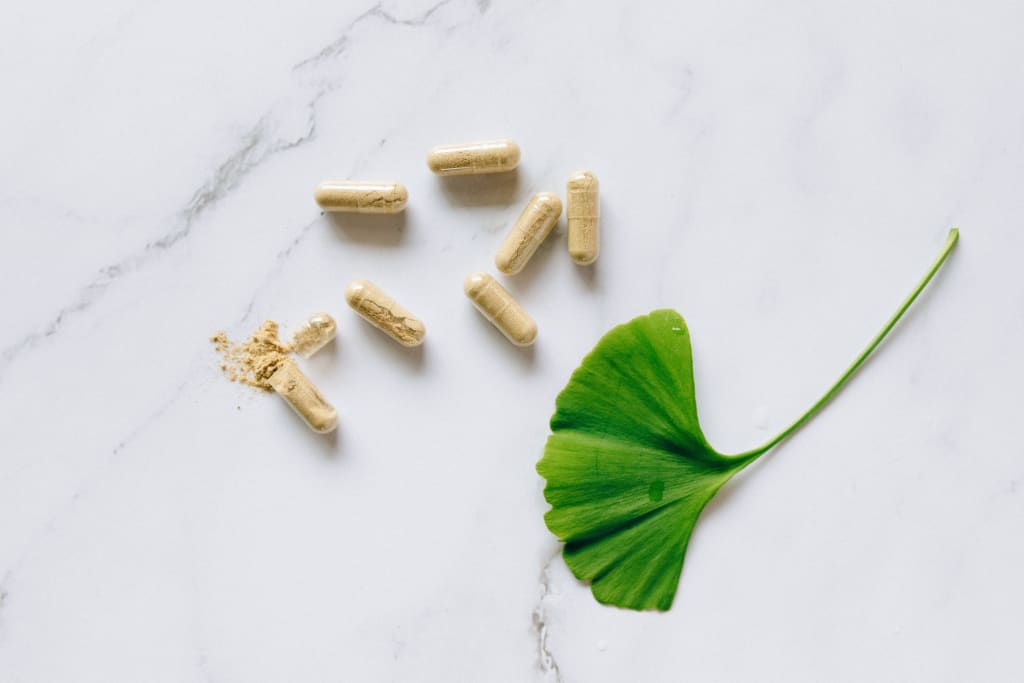Natural Remedies for Common Ailments
Herbal Therapies That Actually Work

Introduction:
Throughout history, herbal remedies have been used to alleviate a wide range of common ailments. Today, as interest in natural and holistic approaches to health continues to grow, many individuals are turning to herbal therapies as alternative or complementary treatments. In this comprehensive guide, we will explore a variety of natural remedies for common ailments, discussing the scientific evidence behind their effectiveness and providing practical tips for their safe and appropriate use.
Ginger for Digestive Issues:
Ginger, a well-known herb with a long history of medicinal use, has been found to be effective in relieving digestive issues such as nausea, indigestion, and motion sickness. The active compounds in ginger, including gingerol and shogaol, have been shown to have anti-inflammatory and anti-emetic properties. Consuming ginger tea or incorporating fresh ginger into meals can provide relief for these common ailments.
Echinacea for Immune Support:
Echinacea is an herb commonly used for immune support, particularly during cold and flu season. Research suggests that echinacea can stimulate the immune system, enhance the activity of immune cells, and reduce the duration and severity of upper respiratory infections. Echinacea supplements or tea made from echinacea can be used to support immune function.
Peppermint for Digestive Discomfort:
Peppermint is a well-known herb that can help alleviate symptoms of digestive discomfort, such as bloating, gas, and irritable bowel syndrome (IBS). The menthol component in peppermint has muscle-relaxing effects on the gastrointestinal tract, which can relieve spasms and reduce symptoms. Peppermint tea or enteric-coated peppermint oil capsules are commonly used for digestive relief.
Chamomile for Stress and Sleep:
Chamomile, a gentle herb with calming properties, has been traditionally used to reduce stress and improve sleep quality. Research suggests that chamomile can promote relaxation, reduce anxiety symptoms, and improve sleep onset and duration. Drinking chamomile tea before bedtime or using chamomile essential oil in aromatherapy can help promote relaxation and improve sleep.
Turmeric for Inflammation:
Turmeric, a spice commonly used in cooking, contains a compound called curcumin, which has potent anti-inflammatory properties. Curcumin has been shown to reduce inflammation in the body and may help alleviate symptoms of chronic conditions such as arthritis, inflammatory bowel disease, and certain skin conditions. Incorporating turmeric into cooking or taking curcumin supplements can provide anti-inflammatory benefits.
Lavender for Anxiety and Stress:
Lavender is a fragrant herb known for its calming and soothing effects. The scent of lavender has been shown to reduce anxiety symptoms, improve mood, and promote relaxation. Using lavender essential oil in aromatherapy, taking a lavender-infused bath, or drinking lavender tea can help alleviate anxiety and promote a sense of calm.
St. John's Wort for Mild to Moderate Depression:
St. John's Wort is a herb commonly used for the treatment of mild to moderate depression. It contains compounds that inhibit the reuptake of certain neurotransmitters associated with mood regulation, such as serotonin, dopamine, and norepinephrine. However, it's important to note that St. John's Wort can interact with certain medications and should be used under the guidance of a healthcare professional.
Garlic for Cardiovascular Health:
Garlic has been used for centuries for its medicinal properties, including cardiovascular benefits. Studies suggest that garlic can help lower blood pressure, reduce cholesterol levels, and improve overall cardiovascular health. Consuming fresh garlic or garlic supplements can provide these cardiovascular benefits.
Valerian Root for Sleep Disorders:
Valerian root is an herb commonly used as a natural remedy for sleep disorders, including insomnia. Valerian root contains compounds that act on the GABA receptors in the brain, promoting relaxation and sleep. Valerian root supplements or tea made from valerian root can help improve sleep quality and duration.
Arnica for Pain and Inflammation:
Arnica, a yellow flowering herb, is often used topically as a natural remedy for pain and inflammation associated with bruises, sprains, and muscle soreness. Arnica has anti-inflammatory properties and can help reduce swelling and promote healing. Arnica gel or cream can be applied topically to the affected area.
Safety Considerations:
While herbal therapies can be effective and safe for many individuals, it's important to consider the following:
Consult a Healthcare Professional:
If you have pre-existing medical conditions, are taking medications, or are pregnant or breastfeeding, it's essential to consult with a healthcare professional before using herbal remedies.
Quality and Dosage:
Ensure that you are using high-quality herbal products from reputable sources. Follow recommended dosages and guidelines for safe and effective use.
Allergies and Interactions:
Be aware of potential allergies or interactions with medications. Some herbs may cause allergic reactions or interact with certain medications, so it's important to research and seek professional advice when necessary.
Conclusion:
Natural remedies derived from herbs can provide effective and alternative options for common ailments. From ginger for digestion to lavender for stress relief, these herbal therapies have been used for centuries and backed by scientific research. However, it is crucial to approach herbal remedies with caution, considering individual circumstances and consulting healthcare professionals when needed. By incorporating these natural remedies into your lifestyle, you can support your well-being in a holistic and sustainable manner.





Comments
There are no comments for this story
Be the first to respond and start the conversation.